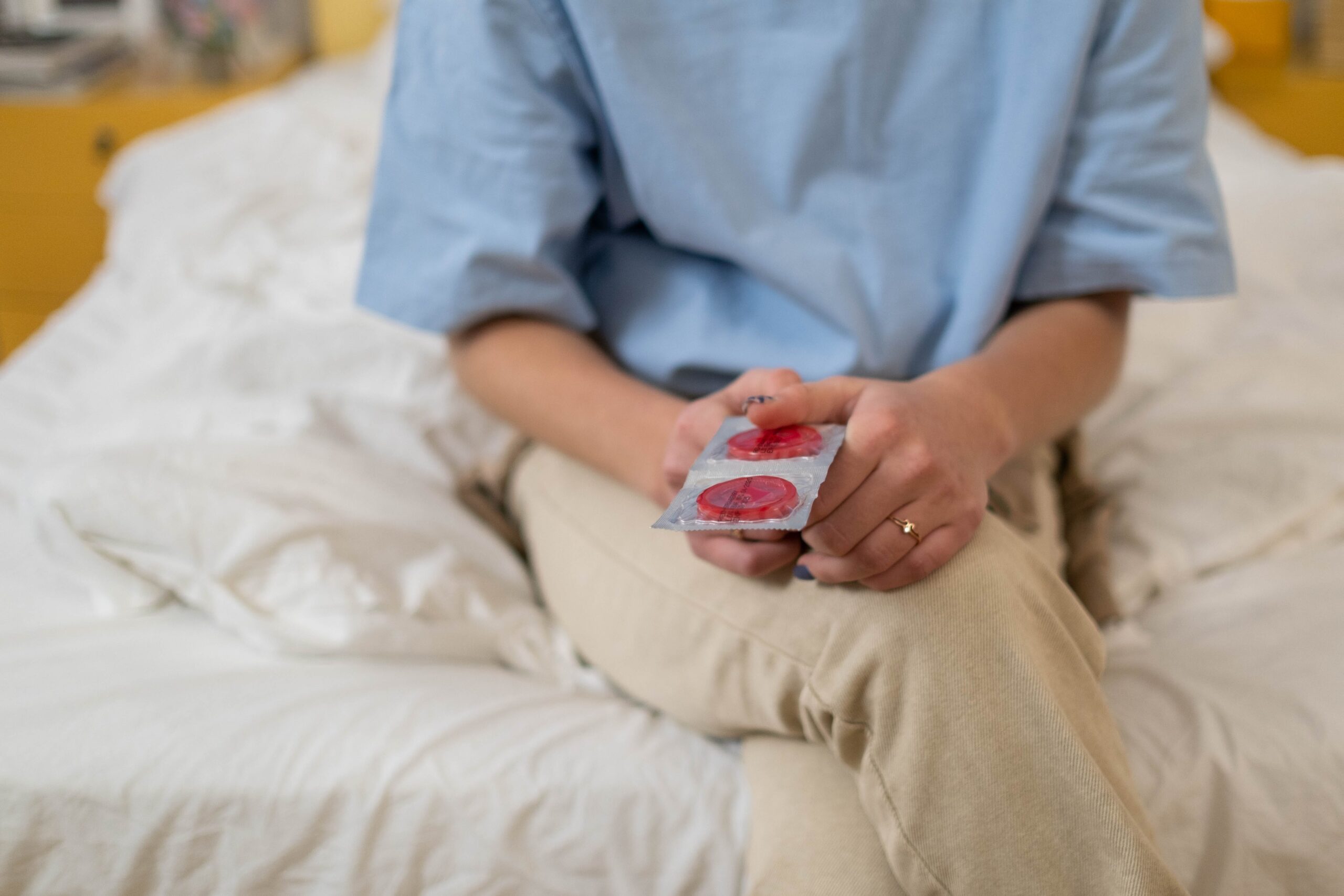In America, the university has for decades been seen in popular culture as a space of liberation, particularly sexual, which is a picture not far from the truth; the grand majority of college students participate in sexual activities at some point throughout their academic career. The American Health Resources and Services Administration reported 94% of college students are sexually active. With this abundance of sexual activity on campuses, it is likely that most readers of this newspaper have or will be sexually active at some point in their time at UCR. Proper sexual conduct ensures that UCR stays a safer, healthier campus where people feel more comfortable and welcome. This safety is determined by us, the students, as we move through relationships with intimate partners. Safe sex, as will be defined later, drastically decreases your chances of transmitting or acquiring sexually transmitted infections (STIs). Understanding consent and engaging in sexual activities accordingly protects you from criminal charges.
As defined by The Well Project, safe (or safer) sex is “sex that reduces the chances of transmitting or getting STIs, including HIV.” Some practices that reduce these STIs are the proper use of contraception, effective and clear communication and regular STI testing. Popular types of contraception include male and female condoms, dental dams and latex gloves. The ‘pull-out method’ does not prevent the acquisition or transmission of STIs. STIs can be transmitted vaginally, orally and anally, so the use of contraception is important regardless of the sexual contact. If you do have a STI you know of, it is vital that you inform all of your partners, as to not do so makes you liable to both lawsuits and criminal charges. For those who do have STIs, more specific documentation on safe sex can be found at The Well’s website. At-home STI test kits can often report false results so regularly administered urinalysis tests are the most effective way to monitor your STI status. STI tests are administered at UCR Student Health Services (SHS) and do not require a copay if you are enrolled in UCSHIP or GSHIP, the campus insurance plans. If you are not enrolled in UCSHIP or GSHIP, please call your insurance to find out if they can reimburse you. It is also extremely important that you maintain these practices consistently, as ‘taking a break’ from testing can lead to unknown and untreated infections.
STIs are extremely common, with over 1 million new infections acquired every day, according to the World Health Organization. There are thousands of STIs but some of the most common ones are HIV/AIDS, HPV, chlamydia, gonorrhea, syphilis, herpes, Hepatitis B, genital lice (crabs) and scabies. Although often stigmatized, many of these infections, such as genital lice and chlamydia, only require treatment and recovery abstinence periods. Even with HIV and AIDS, modern medications have enabled safe sex through chemical contraception. Regardless, communication is extremely important even if following all these guidelines, as contraception always has some chance of failure of protection from STIs. Methods of avoiding physical contact include mutual masturbation, sexting, phone sex, et cetera. Around 50% of new STI cases come from individuals aged 15-24, the range which most of us are in, meaning that it comes down to us to avoid infection or transmission.
Consent is another aspect of sexuality that is absolutely vital to observe. Consent is defined by UCR Campus Advocacy, Resources & Education (CARE) as “an unambiguous, affirmative and conscious decision by each person to engage in mutually agreed-upon sexual activity.” Partaking in any sexual activity requires knowing what consent is, leaving you criminally liable if consent is violated. Intoxication is an element that complicates consent as one cannot know the lucidity of their partner in this state, so one should generally abstain from sex while drinking or consuming other drugs. Boundaries are also an important aspect of consent, with careful observation of your partner’s stated boundaries being vital to consensual sexual activity. Violation of one’s consent is sexual assault.
If you feel that you have been the victim of sexual assault, there are many resources both on and off campus that can provide legal counsel, psychological support, secure housing and abortion or pregnancy resources. On campus resources include but are not limited to: CARE (care.ucr.edu), CAPS (counseling.ucr.edu), Ombuds (ombuds.ucr.edu), the Title IX Office (titleix.ucr.edu), the LGBT Resource Center (located in 245 Costo Hall, out.ucr.edu) and the Women’s Resource Center (located in 260 Costo Hall, wrc.ucr.edu). Off-campus resources include: the Riverside Area Rape Crisis Center (rarcc.org), Alternatives to Domestic Violence (alternativestodomesticviolence.org) and the Riverside County Family Justice Center (https://www.safefjc.org/).
Further readings regarding safe sex and consent are available on both the UCR Well and CARE websites. It is important that in this time of scholarship and growth we consistently observe these measures, both for our own safety but also the safety of those around us.








